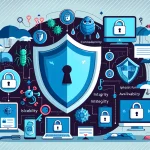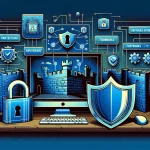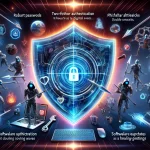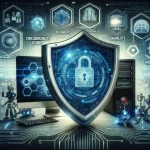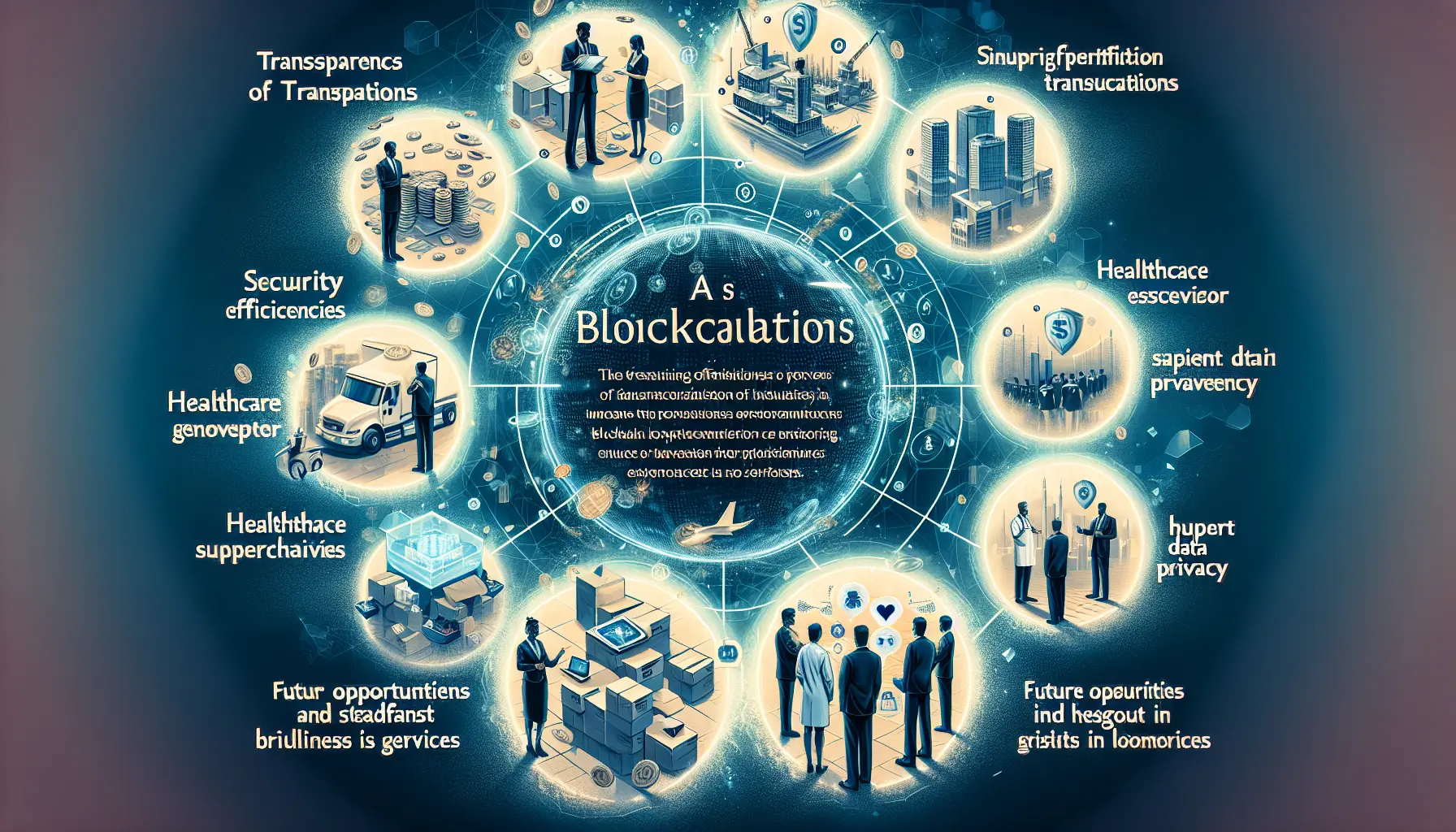
Estimated reading time: 12 minutes
Key Takeaways
- Blockchain Basics: A decentralized digital ledger that ensures data integrity and security.
- Financial Innovations: Blockchain is revolutionizing payments, smart contracts, and cryptocurrency.
- Supply Chain Transparency: Enhances product tracking and fraud prevention.
- Healthcare Security: Protects patient data and ensures drug authenticity.
- Future Trends: Integration with IoT and education certification is on the rise.
Table of Contents
What is Blockchain Technology?
Blockchain technology creates an unbreakable chain of digital records across computer networks. Think of it as a virtual ledger where every transaction gets permanently recorded, making data tampering impossible. Source. This revolutionary system works without central authority control, instead relying on network participants to verify and record information.
The technology has expanded far beyond its cryptocurrency roots. Organizations worldwide now implement blockchain solutions to transform how they handle data, execute transactions, and build trust with stakeholders.
Financial Services Applications
The financial sector leads blockchain adoption through several groundbreaking applications:
Cryptocurrency Innovation
Bitcoin sparked the blockchain revolution, but the technology now powers thousands of digital currencies. These cryptocurrencies enable direct person-to-person payments without banks as intermediaries. Major institutions increasingly embrace crypto for its potential to reduce costs and processing times.
Smart Contracts Streamline Agreements
Smart contracts automatically execute when specific conditions are met. For example, insurance companies use them to instantly process claims that meet predetermined criteria. This automation reduces paperwork, speeds up transactions, and eliminates human error.
Cross-Border Payments Evolution
International money transfers traditionally take days and involve substantial fees. Blockchain enables near-instant cross-border transactions at a fraction of traditional costs. Banks worldwide are building blockchain payment networks to better serve global customers. Source
Supply Chain Management Transformation
Product Tracking Revolution
Blockchain creates an unchangeable record of a product's journey from manufacturer to consumer. Companies track raw materials, production processes, shipping conditions, and delivery confirmation. This transparency helps:
- Verify product authenticity
- Identify counterfeit goods Source
- Prove ethical sourcing claims
- Monitor storage conditions
Fraud Prevention
The immutable nature of blockchain records makes tampering impossible. Companies can instantly verify product origins and detect unauthorized modifications to shipping data. This security helps eliminate counterfeit products and supply chain fraud. Source
Healthcare Innovation Through Blockchain
Secure Patient Data Management
Healthcare providers use blockchain to protect sensitive medical records while ensuring authorized access. The technology:
- Encrypts patient information Source
- Controls data access permissions
- Creates audit trails of record access
- Enables secure data sharing between providers
Pharmaceutical Supply Chain Security
Blockchain tracking helps pharmaceutical companies:
- Verify drug authenticity
- Monitor storage temperatures
- Prevent counterfeit medications
- Track recall information
Real Estate Transformation
Property transactions become faster and more secure through blockchain:
Smart Property Transactions
- Automated property transfers
- Digital proof of ownership
- Reduced paperwork and fees
- Faster closing processes
Rental Agreement Innovation
- Processing automated payments
- Enforcing lease terms
- Managing security deposits
- Recording maintenance requests
Government Services Enhancement
Digital Identity Solutions
Governments implement blockchain to:
- Create secure digital IDs
- Prevent identity theft Source
- Streamline public services
- Reduce administrative costs
Public Records Management
Blockchain improves record-keeping by:
- Securing vital statistics
- Managing property records
- Tracking business licenses
- Protecting voting systems
Future Applications and Trends
Emerging blockchain applications continue expanding across industries:
Internet of Things Integration
Blockchain secures IoT networks by:
- Protecting device communications Source
- Verifying data authenticity
- Managing access permissions
- Recording device interactions
Education Certification
Academic institutions use blockchain to:
- Issue digital diplomas
- Verify credentials
- Track continuing education
- Manage professional certifications
Blockchain technology continues transforming how organizations operate, collaborate, and serve customers. As adoption grows, new applications emerge across industries, promising greater efficiency, security, and trust in our increasingly digital world.
Frequently Asked Questions
What is blockchain technology?
Blockchain technology is a decentralized digital ledger that records transactions across many computers in a way that the registered transactions cannot be altered retroactively.
How does blockchain ensure security?
Blockchain ensures security through cryptographic hashing, which makes it nearly impossible to alter any information without detection.
What industries are using blockchain?
Industries such as finance, supply chain, healthcare, real estate, and government services are increasingly adopting blockchain technology.
Can blockchain be hacked?
While blockchain itself is highly secure, vulnerabilities can exist in the applications built on top of it, making them susceptible to hacking.
What is a smart contract?
A smart contract is a self-executing contract with the terms of the agreement directly written into code, allowing for automatic execution when conditions are met.

